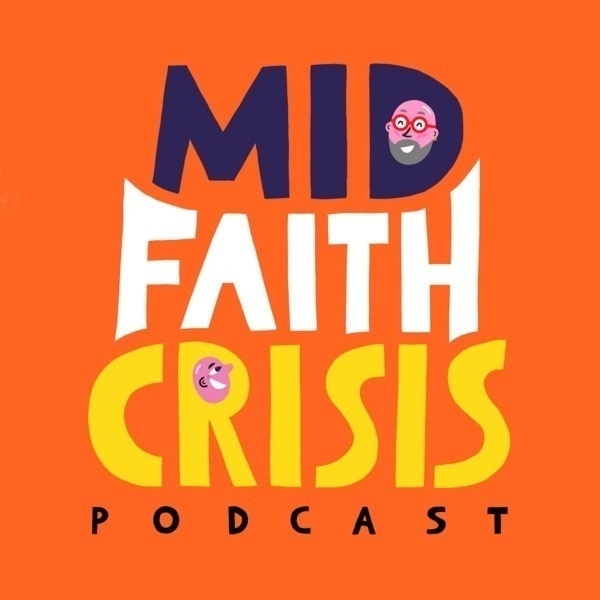This is a brilliant paper on issues around AI-generated inventions of history.
How far away are we from artificial, manufactured, perhaps even automated pasts deployed as weaponised information to encourage mythological interpretations? To marshal populations towards terrible ends? I think the answer is quite obvious: they’re already here.
Here’s the thing: AI as a technological ideology is being created by people who literally don’t care about the past. They don’t care about many things, actually, but history and accuracy seem especially disposable. In their view, history is something that just gets in the way of the future. So they don’t care if perversions of history are spewed out, backed up by entirely imaginary sources. They don’t care about the truth. They only care about their vision of progress. They are no different, in this way, to dictators and demagogues, empires and theocracies. Anything is justified, as long as it serves the party, the church, the corporation.
Of course they would know that. If they ever read any history.

